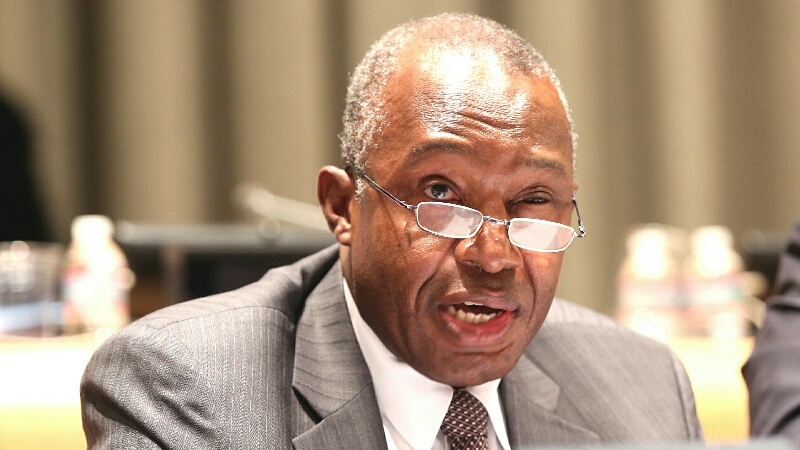Estonia has contributed EUR 20,000 to enhance the trading capacities of developing countries and least-developed countries (LDCs).
The donation made on Monday, January 11, 2021 to the WTO’s DDA Global Trust Fund will finance training workshops aimed at helping government officials better understand and implement WTO agreements and improve their negotiating skill-set.
The Deputy Director-General (DDG), Yonov Frederick Agah, who oversees development matters in the WTO received the donations on behalf of the organization.
“This new donation from Estonia will provide essential support to developing countries and LDCs seeking to increase their expertise on trade policy issues. I thank Estonia for supporting the WTO’s technical assistance activities so that these countries can further integrate into the global trading system”, DDG Yonov Frederick Agah said.
Estonia’s WTO Ambassador, Katrin Saarsalu-Layachi, who made the donations to the WTO said:
“Through its donation, Estonia aims to support developing countries and LDCs in building their expertise on WTO-related matters and international trade rules. Our objective is to allow as many countries as possible to engage in the rules-based global trading system so that the benefits of trade may be spread more widely. Trade has the potential to help economies grow, make businesses prosper, and improve peoples’ lives across the world”.
Overall, Estonia has donated approximately CHF 400,000 to the various WTO trust funds over nearly 20 years.
The WTO’s trade-Related Technical Assistance (TRTA) activities aim to help developing countries build their trade capacity so that they can participate more effectively in global trade. Over 2,900 training activities have been organized since the fund was created in 2001.

Technical assistance is primarily geared towards government officials from developing countries, least-developed countries, economies in transition, and countries in the process of joining the WTO. The audience can also include representatives from civil society, journalists, academia, and the private sector.
The WTO organizes nearly 300 technical assistance activities every year, and trains over 14,000 government officials. Most WTO divisions are involved with the delivery of the courses. The training activities include lectures, presentations, roundtables, meetings with experts, simulation exercises, and attendance at WTO meetings.
The courses include two-month Advanced Trade Policy Courses (ATPCs) held in Geneva, regional Intermediate Trade Policy Courses, regional seminars, workshops, and training events on specific topics. WTO members are invited to submit written requests for national technical assistance to the Secretariat, based on their individual needs.
TA activities provide different levels of training. Around two-thirds of activities are held at the national level and one-third at the regional level. The vast majority of activities address specific WTO agreements, such as the General Agreement on Services, the Agreement on Sanitary and Phytosanitary Measures, and the Technical Barriers to Trade Agreement, and deal with a range of trade issues, such as market access, customs valuation, rules of origin, intellectual property, development, and trade facilitation.
A key objective is to maintain a geographical balance in the delivery of activities but special attention is given to Africa, which benefits from over one-third of activities annually. Nearly 15 percent of the WTO’s technical assistance is geared towards Asia and the Pacific, while other activities are divided between Latin America, Central, and Eastern Europe and Central Asia, Arab countries and the Middle East, and the Caribbean.
Priority is given to least-developed countries (LDCs), which are associated with over 45 percent of all technical assistance delivered, including national activities held in LDCs, regional seminars, workshops, and training activities to which LDCs are invited.




















